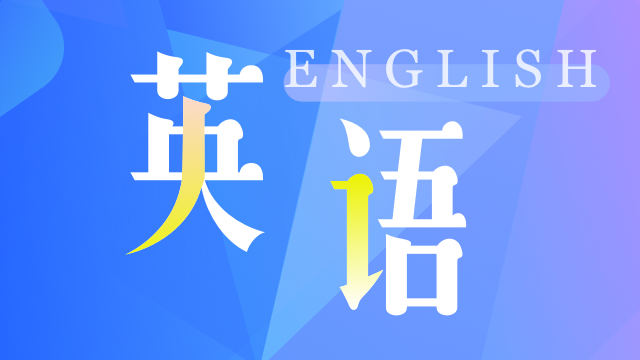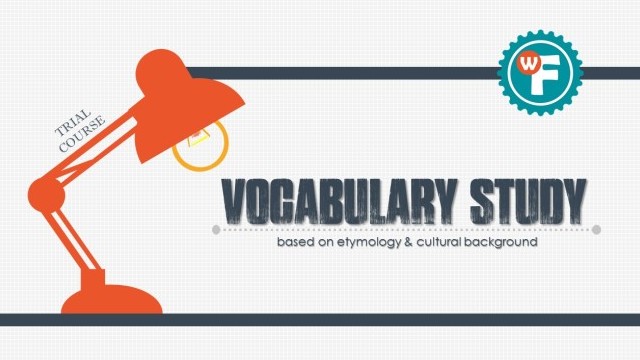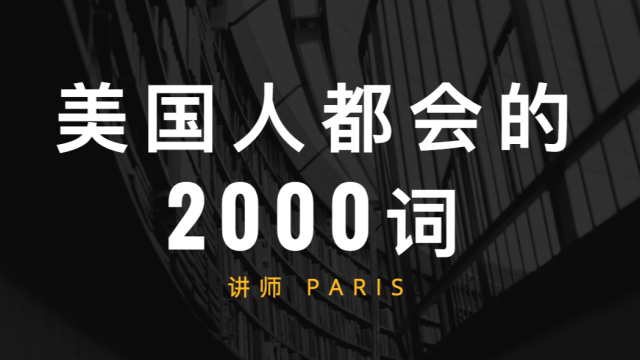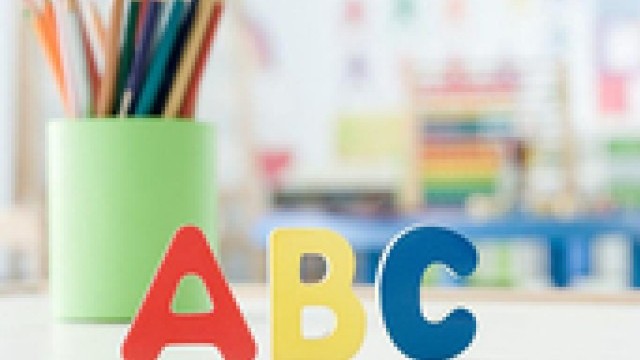牛津博客词汇辨析 hopefully&thankfully
对于hopefully 和thankfully这两个副词 ,它们作为句子副词使用时仍然存在一些争议,今天我们就一起研究下hopefully 和thankfully的正确使用方法吧~
Hopefully可以用作副词,表示“怀着希望的”,或“但愿”:
Hopefully可以充当句子副词(修饰整个句子的副词,而不是句子的一部分):
Thankfully可以用作副词,表示“感激地”,“幸好”:
许多人认为hopefully和thankfully作为句子副词的使用方法是错误的。问题出在哪呢?因为不能将这种类型的句子重写为“it is hopeful that”或“it is thankful that”而其他句子副词如“unfortunately” or “clearly”则可以重写为“it is unfortunate that ...” 或者“it is clear that ...”:。
Hopefully和thankfully则不然,比如这个例句:
不可以重写为:
✗ It is thankful that we didn’t have to wait long.
我们需要换一个单词来表达,比如:
As luck would have it, we didn’t have to wait long.
正是这一区别使得人们认为hopefully和thankfully不能用作句子副词,并且,在语法规则层面,并没有规定这种用法是错误的。
然而,我们应该知道一部分人强烈反对将hopefully和thankfully 作为句子副词使用。介于这一点在一些比较正式的写作中最好避免将其作为句子副词使用,比如写求职信时,以防你的读者正好是这种用法的反对者。











